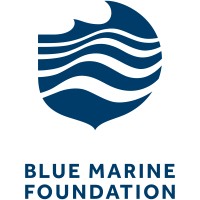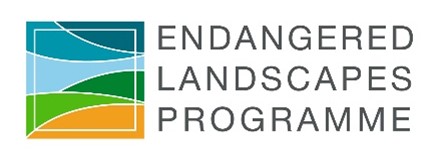
We’re delighted to announce that we are one of the ten partners in Blue Marine Foundation’s $5m Solent Seascape Project: a five-year project to restore some of the Solent’s most imperiledmarine habitats.
CHaPRoN is very excited to be part of this Solent-wide pioneering restoration project, the first of its kind in the UK. It brings knowledge, passion and experience together which will genuinely benefit marine and coastal wildlife and provide many wider societal benefits on a seascape scale.
CHaPRoN will receive funding towards:
- A Nature Recovery Officer post to support delivery of habitat restoration projects
- A Communications & Engagement Officer post
- The trial of an innovative technique to use maintenance dredgings from marinas to restore saltmarsh in the Harbour
- Seagrass survey work within the Harbour
In addition, being part of this multi-partner project will also lead to wider benefits as we co-deliver an ambitious programme of ecosystem restoration to catalyse seascape scale recovery and maximise the learning over the five-year period. Watch the Solent Seascape Project film to find out more:
The money, granted by the Endangered Landscapes Programme, will be used to restore seagrass meadows, oyster reefs, saltmarsh and seabird nesting habitat across the Solent region. This includes Chichester Harbour, helping to support the delivery of CHaPRoN initiatives, whilst increasing the connectivity and productivity of the coastal ecosystem across the Solent.
In addition to physically restoring areas of these four key habitat types, the Solent Seascape Project will also work with landowners and regulators to better protect and manage existing Solent habitats, scientifically monitor the benefits of seascape scale restoration and ensure that local people and sea-users co-design the project, thereby becoming more connected and engaged with their own marine environment.
Similarly to Chichester Harbour, the wider Solent is recognised as an internationally important wintering and breeding ground for seabirds. The mud and sand flats present in the region support seagrass and saltmarsh and the seabed was once home to the most important native oyster fishery in Europe. As we have witnessed in the Harbour, these habitats have become fragmented and degraded across the Solent through a number of anthropomorphic pressures.
The Solent Seascape Project aims to address these pressures by working with industry and stakeholders to co-design a Seascape Recovery Plan. The long-term vision is to protect and restore at least 30 per cent of the Solent’s seascape, tipping the balance from a degraded state to a naturally expanding, connected and productive ecosystem.
The ten project partners include Hampshire and Isle of Wight Wildlife Trust, RSPB, Natural England, Project Seagrass, Coastal Partners, Isle of Wight Estuaries Project, CHaPRoN, Environment Agency, University of Portsmouth and Blue Marine Foundation.
The Endangered Landscapes Programme is managed by the Cambridge Conservation Initiative in partnership with Arcadia, a charitable fund of Lisbet Rausing and Peter Baldwin.

